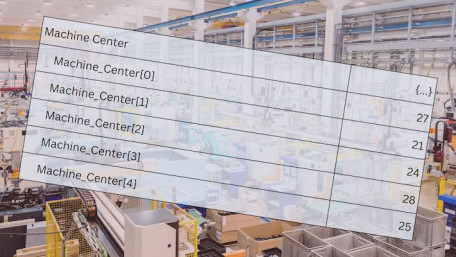
Learn how to streamline your ladder logic by searching and sorting arrays with the FSC and SRT instructions in the Rockwell (Allen-Bradley) Studio 5000…
Learn how to streamline your ladder logic by searching and sorting arrays with the FSC and SRT instructions in the Rockwell (Allen-Bradley) Studio 5000 programming software.
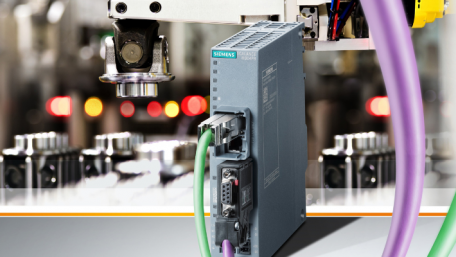
Network routers are designed to route and pass information between a system of connected computers and devices. Learn…
Network routers are designed to route and pass information between a system of connected computers and devices. Learn about the role of routers in industrial applications and how to properly maintain them.
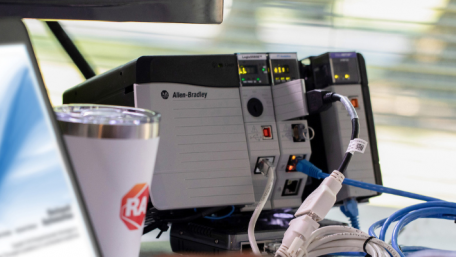
Arrays can streamline data storage and math operations, but they can be difficult to understand for a beginning…
Arrays can streamline data storage and math operations, but they can be difficult to understand for a beginning programmer. Learn the background of array instructions in the Rockwell Studio 5000 software.

Functional safety is the safety of a system and is critical for industries such as medical devices, automotive, railways,…
Functional safety is the safety of a system and is critical for industries such as medical devices, automotive, railways, and machinery. This article will focus on functional safety for machinery and the standards that help its implementation.

Servers are vital to the flow of information in and around organizations, acting as a hub for information transfer and…
Servers are vital to the flow of information in and around organizations, acting as a hub for information transfer and storage. Learn about the role of servers in industry and the potential challenges that come with maintaining them.
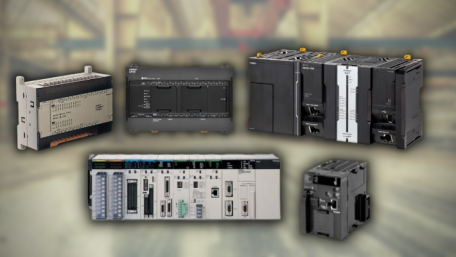
With the first fuzzy logic-based controllers on the market in 1983, learn how the Japanese-born automation company,…
With the first fuzzy logic-based controllers on the market in 1983, learn how the Japanese-born automation company, Omron, adopted fuzzy logic as a basis for the design of its current PLCs.
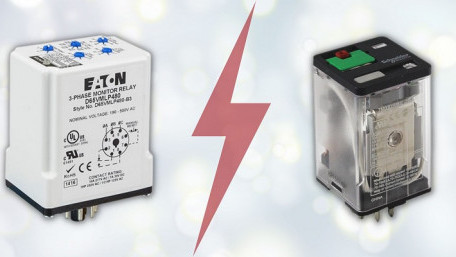
Protection systems are critical in today’s fast-paced industrial revolution for the safety of people and processes.…
Protection systems are critical in today’s fast-paced industrial revolution for the safety of people and processes. This article discusses electronic protective relay types and how they differ from standard relays.
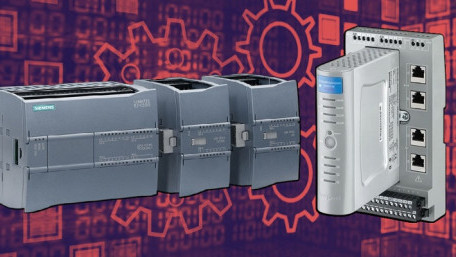
Despite the many overlaps, PLCs and RTUs are two different devices, each with specific suitable applications.
Despite the many overlaps, PLCs and RTUs are two different devices, each with specific suitable applications.
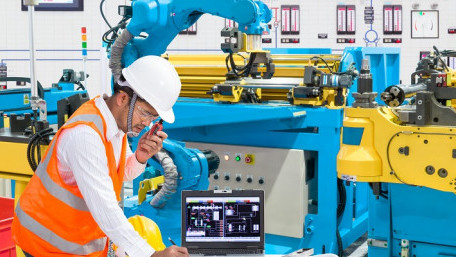
When a robot crashes, it needs to be put back into position. The steps in this process depends on the end user and the…
When a robot crashes, it needs to be put back into position. The steps in this process depends on the end user and the equipment manufacturer. Understanding why the robot crashed also helps prevent future failures.
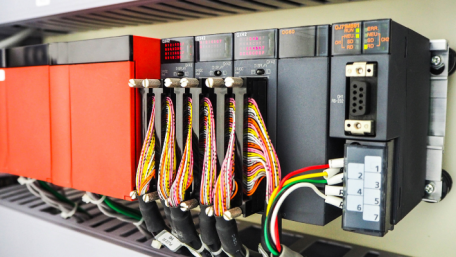
PLC and other automation project software can be easier and more efficient to update and maintain thanks to the…
PLC and other automation project software can be easier and more efficient to update and maintain thanks to the introduction of Git control, already a staple for typical programming of large-scale projects.
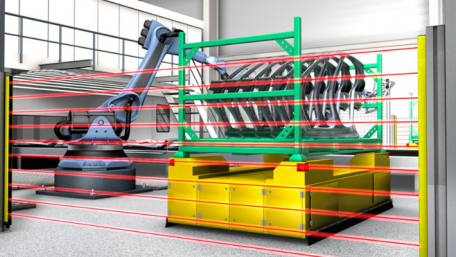
Light curtains serve as an invisible barrier, keeping workers out of harm's way and protecting machinery from damage.…
Light curtains serve as an invisible barrier, keeping workers out of harm's way and protecting machinery from damage. Learn about safety curtains, how they are installed, and their programmable functions.
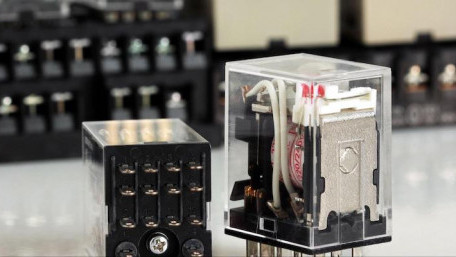
Relay and other coil devices pose a few confusing questions: How can the relay still work if you connect a DC supply in…
Relay and other coil devices pose a few confusing questions: How can the relay still work if you connect a DC supply in reverse? How can an alternating voltage attract and hold the load consistently?
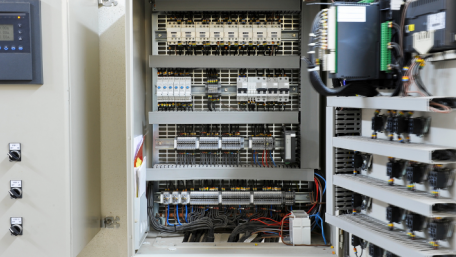
Industrial control panels are at the heart of control systems. Learn about the standards and regulations that dictate…
Industrial control panels are at the heart of control systems. Learn about the standards and regulations that dictate industrial control panel design for safety and efficiency, including NFPA 70, UL 60947-4-1, and NFPA 79.
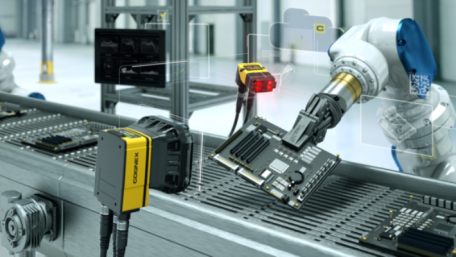
Ambient light, reflection, and transparent objects can all cause difficulties during machine vision applications. Learn…
Ambient light, reflection, and transparent objects can all cause difficulties during machine vision applications. Learn about these issues and some potential solutions to better ensure safety and quality.
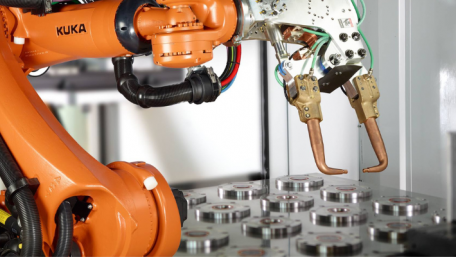
An EOAT, located at the end of an industrial or collaborative robot arm, is entirely customizable with nearly unlimited…
An EOAT, located at the end of an industrial or collaborative robot arm, is entirely customizable with nearly unlimited possibilities. Learn about the five main methods of how EOATs are powered and the sensors that they use.
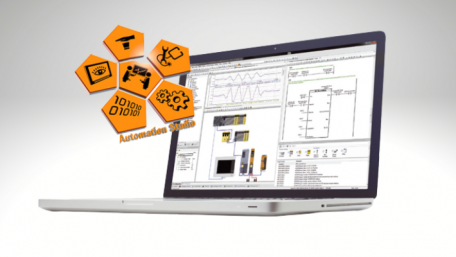
While B&R PLC controllers are quite different from typical PLCs, Automation Studio offers tools and features that make…
While B&R PLC controllers are quite different from typical PLCs, Automation Studio offers tools and features that make programming them less intensive. In this article, we’ll discuss how to program B&R PLCs with Automation Studio.
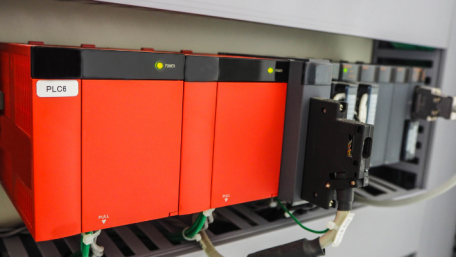
The ability to utilize an array effectively is a fundamental skill in becoming a PLC programmer, but it can also be very…
The ability to utilize an array effectively is a fundamental skill in becoming a PLC programmer, but it can also be very complex and difficult to master. Let’s do a run-down of arrays and some of their complexities!
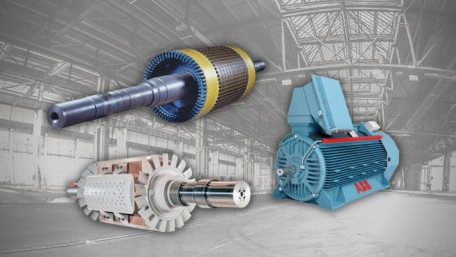
In this article, we will take a look at the differences between synchronous and induction motors, as well as the two…
In this article, we will take a look at the differences between synchronous and induction motors, as well as the two types of induction motors: squirrel cage and wound rotor.
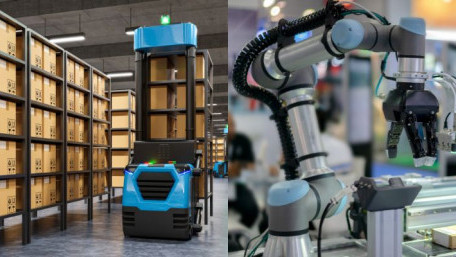
Robots are no longer unanimously just "robots"—there are specific tasks and functionality of each kind. Learn about the…
Robots are no longer unanimously just "robots"—there are specific tasks and functionality of each kind. Learn about the technology differences between fixed-location robots and mobile robots and why no one robot is like another.
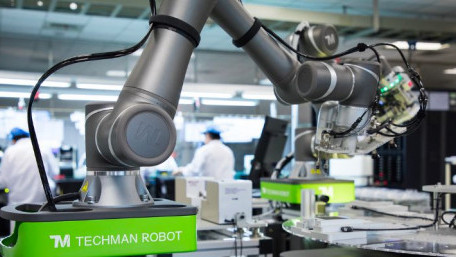
Learn about the common applications, programming procedures, and safety protocols of collaborative robot work cells,…
Learn about the common applications, programming procedures, and safety protocols of collaborative robot work cells, which are often simpler and less expensive than industrial robot work cells.
